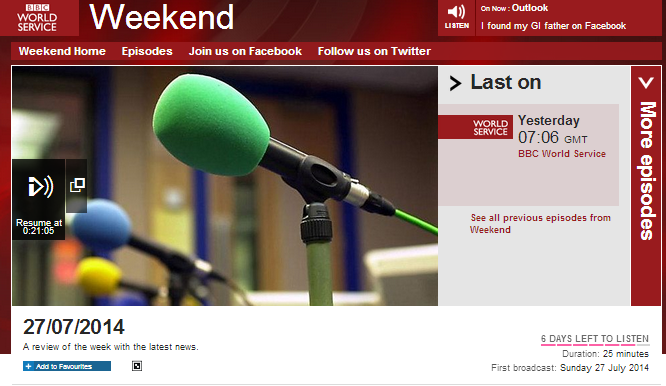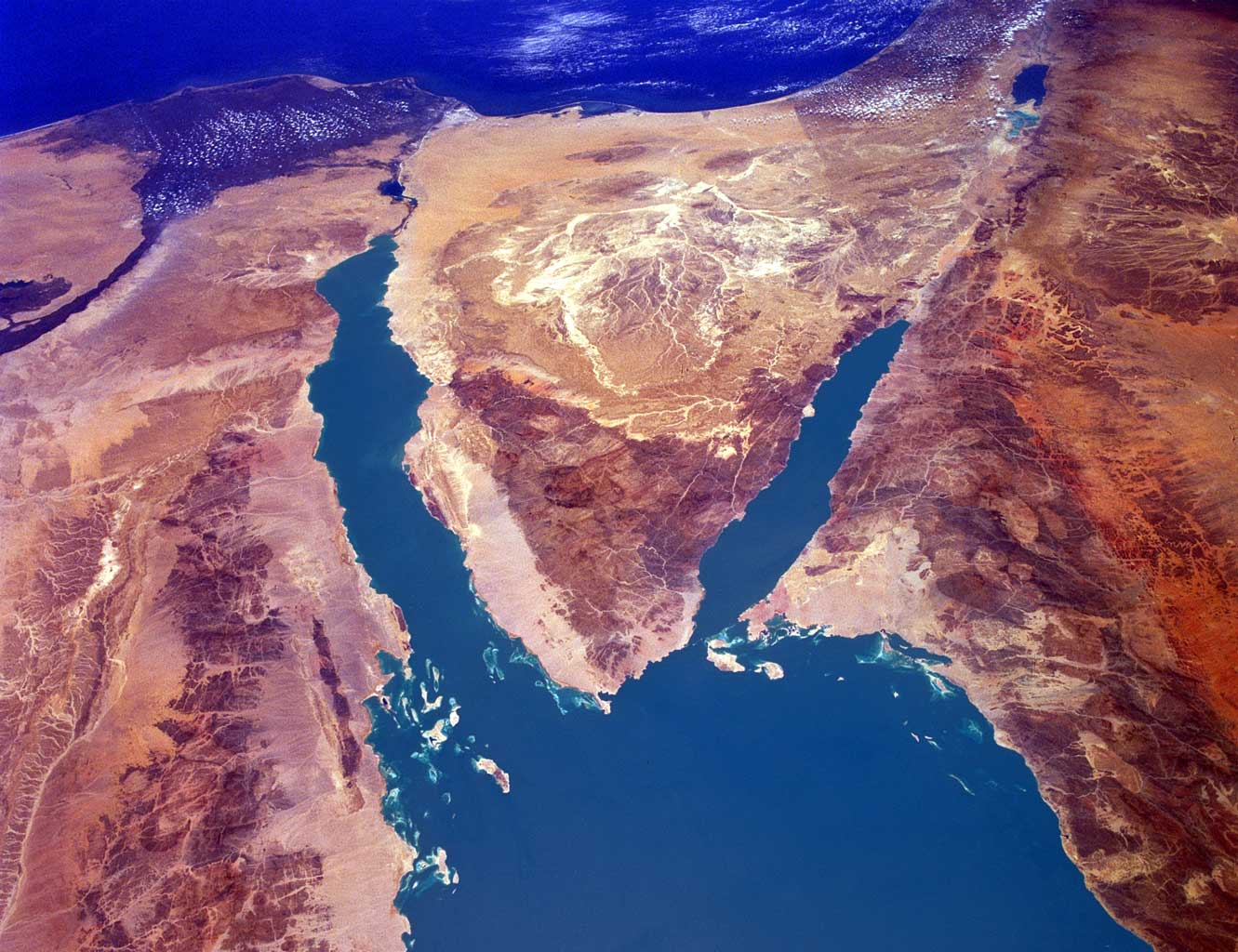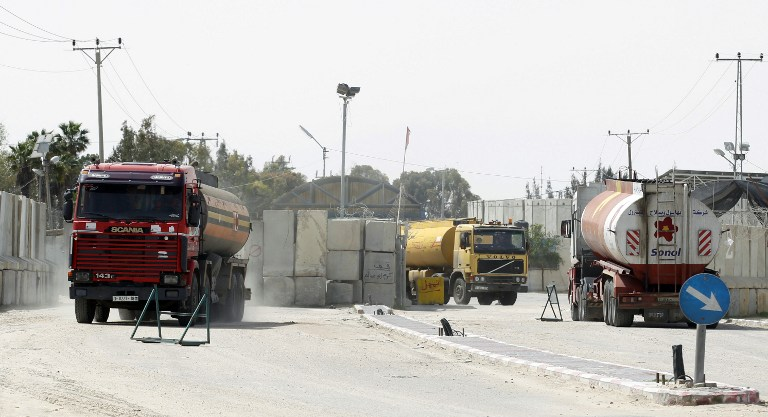h/t: DL, Amie
One annoying aspect of being an Israeli, or a person with family in Israel, at a time like this is having to listen to pundits (who it is quite safe to assume have never had to grab their children and rush to a bomb-shelter within seconds because of missile fire from terrorists) sitting safely in a studio thousands of miles away and pontificating about the rights and wrongs of a conflict upon which they apparently believe they are qualified to comment because they have read about it in the papers or watched it on television.
This last weekend the BBC Radio 4 programme ‘Any Questions?’ had on its panel the former (2000 – 2004) BBC director general Greg Dyke, former LibDem MP Susan Kramer, Harper’s Bazaar editor Justine Picardie and MEP Dan Hannan. In the section of the programme which related to the current hostilities (available here from around 33:13 or here on iPlayer), listeners heard the editor of a fashion magazine opine that life in Gaza “is like living in a big prison”. They also heard a British MEP describe the Gaza Strip as a “sealed concentration camp almost” and then add “I should say sealed refugee camp”. Most interestingly though, they got to hear the following remarks from the man who headed the BBC during most of the second Intifada before resigning his position in the wake of the Hutton Report.
Greg Dyke: “I have to say, I do find the Israeli response massively over the top. [applause] I look at…and I look at what’s been happening this week with horror. I also….the problem is, if you criticize Israel you are – by certain sections of the Jewish community around the world – immediately accused of being antisemitic – which I am not in any way. And we have got to overcome…and you have to look at why is the American response always so limited; why do the Americans actually….because they’re scared of the Jewish community and the Jewish vote in America. We somehow have got to separate the concept of antisemitism…and supporting an Israeli government that I think is not supportable or doing things that are not justifiable. [applause]”
Presenter Jonathan Dimbleby then says:
“Greg, as you will know, historically the BBC has come under great external pressure from the interest groups in this – very severe. At the moment the criticism seems to be coming principally not from the Israelis for the BBC coverage but from those who think that the Palestinians and those who live in Palestine are not being fairly, adequately represented with enough background information to form a clear judgement. Yet…is the BBC eternally locked in that or does the BBC have something to answer for?”
Dyke: “It’s incredibly difficult. I mean I was director general of the BBC for four years in a period of conflict. There was no doubt there was more pressure on me from the Israelis than any other state anywhere in the world. To the extent that in the end I stood up and said look I’m sorry – you cannot be the judge of impartiality. You are so one-sided in this you have got to leave it to us to be the judge of impartiality but we have got to be impartial and we have got to try to be impartial. I do find – I have to say – this week I have found every time the BB…eh…BBC news talks about Israel and then militant Palestinians, I find that a difficult…if I’d been director general this time, I’d be saying hang on – this is…is this not judgemental? We call one bunch a government and the other bunch we call militant Palestinians and the word militant implies somehow illegitimate.”
So, apparently the man who was at the helm whilst the BBC spread the lethal narratives of the ‘Jenin massacre’ that never was and the Al Dura story is more concerned about the risk of implying via terminology that a person who indiscriminately fires military grade missiles at civilians is “illegitimate” than he is with those acts themselves. One can only wonder if that ‘gem’ crops up in the Balen Report of 2004 which the BBC has spent ten years and hundreds of thousands of pounds of public money avoiding publishing.
Another programme broadcast by the BBC this last weekend was the July 27th edition of BBC World Service radio’s ‘Weekend’ – available here for a limited period of time. It is worth listening to the programme in full in order to hear the context-free descriptions of the Gaza Strip from Chris Morris and Ian Pannell, including further promotion of Hamas’ pre-ceasefire demand to “lift the economic blockade” – described as a “smart demand” by Morris.
That programme also has two guests: one a woman in Paris called Vaiju Naravane – a novelist and former European bureau chief for the India’s Hindu newspaper, which apparently qualifies her to discuss the issue of this conflict although the fact that she describes Israeli towns and villages in Judea & Samaria as “colonies” is probably sufficient clue as to her political orientations. Right at the end of the programme she is given a platform to promote the following notions.
“Oh I think it’s a huge challenge [covering the story in the Gaza Strip]. I mean this is bigger than anything we faced in the Balkans in the 1990s for instance. […] and we’re not talking also about the essentials of the problem. I mean when France was occupied during the Second World War there were people who were planting bombs and there were people who were undertaking terrorist acts in order to get rid of the Germans from here and they were hailed as heroes. Now the same thing is not being applied to Hamas. I have no sympathies for Hamas because I think they’re extremists and all that. But at the same time you cannot in any moral sense have the kind of occupation – the way in which these people – this 1.4 million population is living in 140 square meters [sic] of territory without any kind of access and this is going on year after year after year and Israel’s demand seems to me to be submit, don’t do anything, don’t hit back and we’ll be OK with you but we will not remove the blockades, we will not remove the restrictions we place on your life. Now what sort of an argument is that?”
The other guest on that programme was Robert Fox – formerly a BBC defence correspondent and currently an occasional BBC contributor. Notably, Fox came up with the same claim promoted by Greg Dyke the day before.
“One of the difficulties that I’m having is that every time you criticize Israel… somebody of my position who’s been at the game for 47 years….ah, but you’re being antisemitic. That is a confusion of language. It’s a monstrosity… [..] This is a debate. There is an argument on all sides because what the criticism of Israel…what Israel is doing – and it’s a fundamental of international law – it is disproportion.”
So there we go: two ‘cultured’ BBC radio programmes in one weekend – both of which include promotion of the notion that it is not possible to criticize Israel without being accused of antisemitism – with one of the speakers making his own none-too-veiled insinuations based on the ‘Jewish power’ trope and another who – through her claim that Hamas is like the French Resistance and her comparison of Israel’s non-existent occupation of Gaza with that of Germany in France in WWII – using a Nazi analogy.
Could it get more surreal than that?



